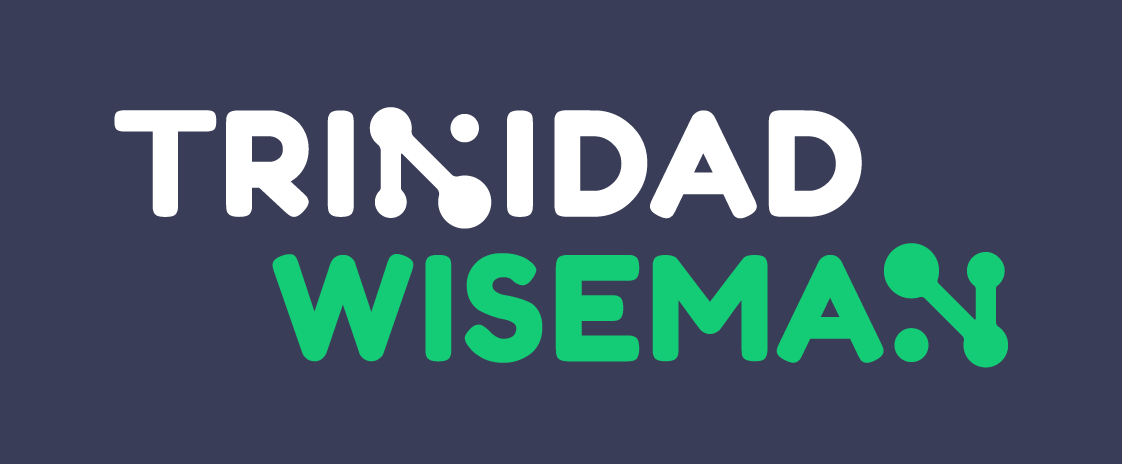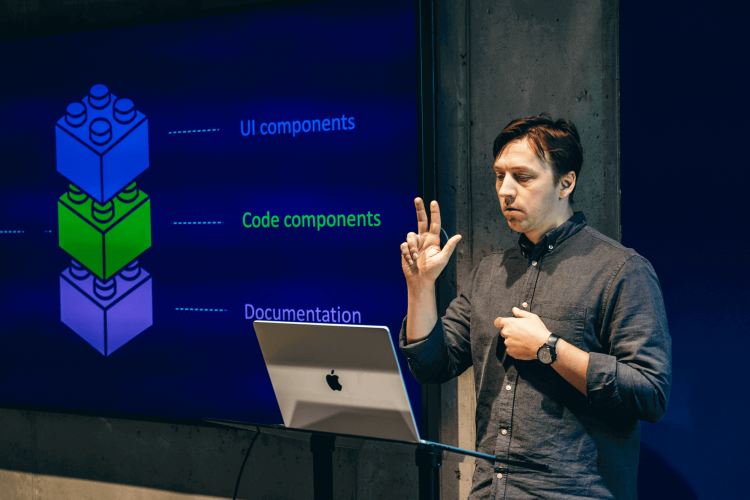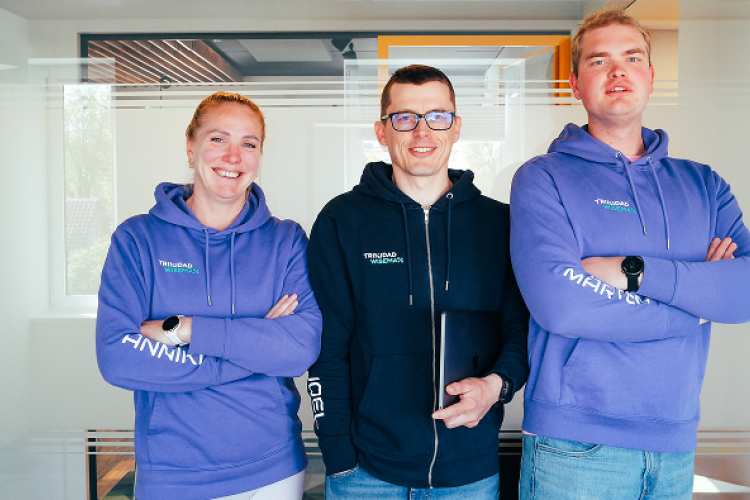The Psychology of Gamification – Edvin Aedma, University of Tartu
Games as models
Games are nothing more than simplified models of a situation or a problem, while playing is solving those problems in a pleasant way. If done publicly, it becomes a competition and we, as human beings, are hardwired into competing with each other. It is in our blood.
Games have highly positive effects on people
In games it is okay to take risks and go outside your shell. You can experiment, go outside your box, do stuff you normally wouldn´t do and nobody is there to judge you. Our souls yearn for freedom and games provide just that - a sandbox for doing everything we want
Games let us harness our creativity and creativity comes from combining individuality with fun!
Lets see how this works with gamification:
- Likeablity
- Engagement
- Loyalty
- Virality
... are all things you can influence with game elements!
There is also addiction which is separate from the group mentioned above and is not something to achieve. Instead it is a risk and very important factor in the gambling industry, for example. Addiction can be a severe problem in some cases and you don´t want to exhaust your players with long playing sessions
But what if there are games around us that we don´t know about? Lets take a comparison between Eurovision and some pretty standard game elements
Eurovision:
- Is essentially a gamified song contest
- Has a strong sense of competition
- Progress is visualized by points
- Status visualized by position in the score table
- Participants and viewers have a possibility to predict results
Standard game elements:
- A clearly visualized progress
- Progress factors are quantified and listed
- Points are used as units of progress
- Achievements are used as levels of progress
Lets go behind the mechanics
Progress is the core program of life. Evolution is an endless process that is enhanced with competition and communication. It is an instinct for us to gather and progress in terms of quantity. If you attach collecting to any game, you can always increase player satisfaction and there are personality types out there that are especially prone to collecting.
Engagement is interactivity
It is a wish to participate, to make choices, express individuality and the wish to be oneself. We want to make choices that let us express our individuality.
We will always yearn for more choices
You need to find the balance in your game between boundaries and choices. People have different preferences and you need your game or app to satisfy different needs at once.
Be great in your niche and hire great gamification experts!
Don`t do something yourself if you don`t know what it is you`re doing. Copying others will not get the required results and it might even hurt your product. A solution could be finding out which behavior is so right that you don`t have to enforce or influence it.
Communities tend to create meta-levels of play
People are likely to form groups which manifest as guilds or clans and there several methods for it such as
- Competitions
- Teams
- Events
- Symbols
- Intra-community gifts
An example – Foursquare
- It is engaging
- Viral
- Useful
- Social
A strong community will always result in virality.
Engagement in a nutshell:
- Visualized progress
- Fast feedback
- Progress factors are quantified and listed
- Points for desired behaviour
- Progress middle and final goals are achievemnts
- Status and competition
- Collecting
- Chance
Everything is connected to emotions which requires both you and me to think of games as cocktails of emotions. We need to create connections between them and offer our players heaps of practical value from the games we make.
Oh, and you can´t prevent cats! :)







